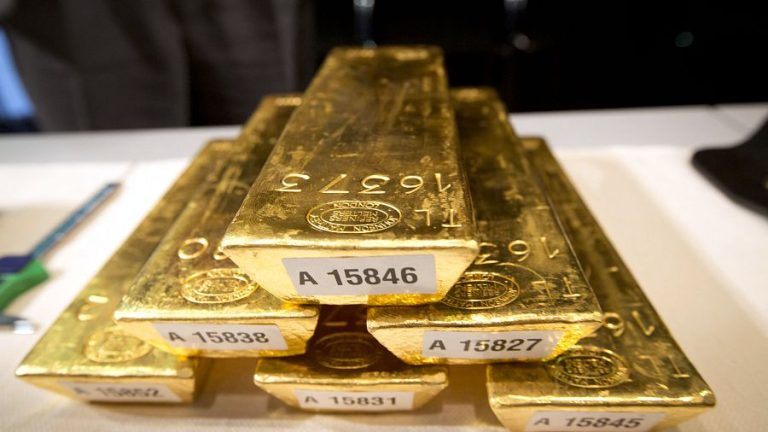Burkina Faso has taken decisive control over its gold and mineral resources, unveiling its first-ever gold refinery and producing homegrown gold bars for the first time in history. This is in a moment for national pride and economic sovereignty.
After years of watching its vast mineral wealth flow out of the country with minimal returns, Burkina Faso has turned a page. In a bold move to reclaim its natural resources, the West African nation has established a domestic gold refinery—an industrial milestone that signals both a symbolic and strategic shift in its economic direction.
The new facility has already refined 142 tonnes of mining residue, yielding 93 kilograms of high-purity gold. This translates to 99% pure gold now sold at $1,200 per ounce, a striking leap from the $300 per ounce the country previously received under foreign-dominated extraction arrangements.
“This is a historic breakthrough for Burkina Faso,” said a government spokesperson at the refinery’s inauguration. “For too long, our people watched as their wealth was extracted and exported. Now, we are refining it here—creating jobs, retaining value, and asserting our right to manage what is ours.”
ALSO READ Burkina Faso grants mining license to Russia’s Nordgold for major gold project
The economic impact is immediate and visible: 100 direct jobs have already been created within the refinery, while an estimated 5,000 indirect jobs have sprung up across the supply chain—from logistics and transport to mining support services. For a country grappling with youth unemployment and economic challenges, these jobs represent far more than a statistic—they are lifelines.
For local communities long sidelined in the global gold trade, the refinery marks a turning point. Residents in gold-rich regions such as Gaoua and Houndé are now seeing the benefits of a value-added approach that prioritizes local empowerment over foreign profits.
Rewriting the rules of engagement
Burkina Faso’s decision to take over the gold sector came amid increasing public pressure to renegotiate the country’s relationship with multinational mining companies. Accusations of exploitative contracts, environmental degradation, and minimal local benefit had mounted over the years.
Now, with its own refinery and a state-backed mining agenda, Burkina Faso is writing new rules of engagement—ones that center national interest, transparency, and inclusive growth.
Analysts see the move as part of a broader wave across Africa, where countries are asserting greater control over natural resources to spur industrialization and reduce dependency on raw exports.
Beyond the gold refinery: A vision of sovereignty
But the government insists this is not just about gold—it’s about sovereignty. The gold refinery is part of a larger vision to diversify the economy, strengthen national institutions, and restore public confidence.
“Gold is only the beginning,” one mining official noted. “This refinery is a symbol. It says we believe in our capacity to shape our destiny, to build industries that benefit our people—not just the markets abroad.”
As gold bars stamped “Made in Burkina Faso” begin to circulate in global markets, the message is clear: this nation is no longer just a source of raw materials. It is becoming a producer, a refiner, and a powerful voice in the global minerals arena.
With its eyes set on further industrialization and regional leadership in gold refining, Burkina Faso’s gamble to reclaim its gold appears to be paying off—both in carats and in confidence.


